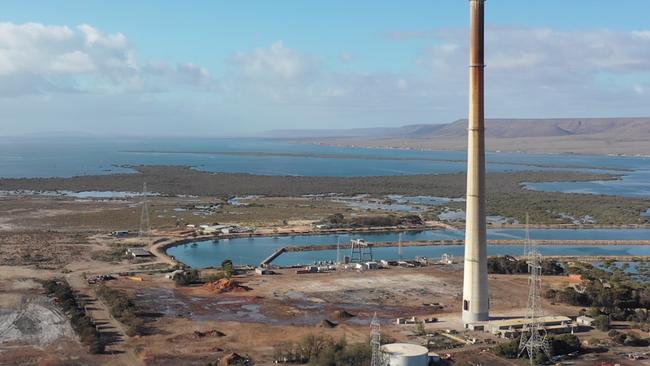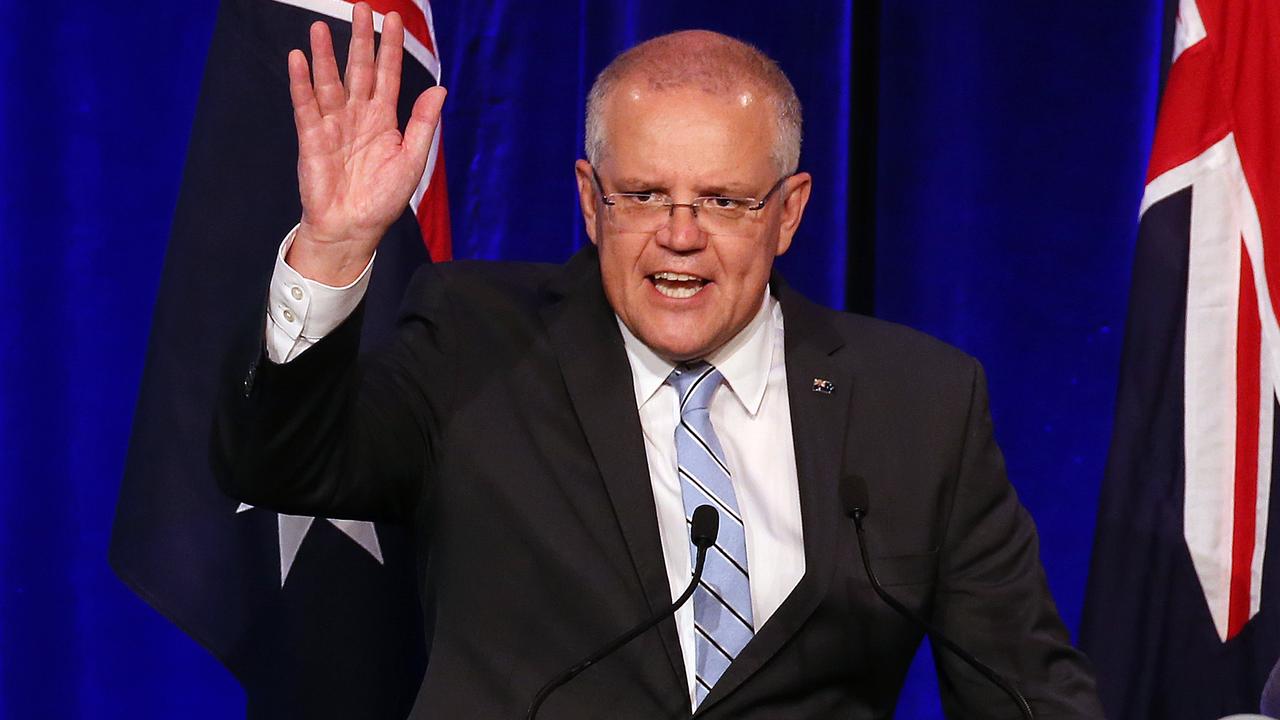Zealotry, self-interest behind Nationals’ push on coal


The fight over building new coal fired power stations — with or without government subsidies — highlights the problems within the conservative side of politics. It polarises opinions without points of reconciliation. Why? Because it’s all or nothing: you either support new coal fired power or you don’t. It’s nigh impossible to find a centre ground and appease both sides in the debate.
Before detailing the political stand-off which exists, the facts of energy price points need to be laid out. They are too often ignored by advocates of state sponsored new coal fired power. Coal fired power is currently cheaper than renewable power, that is a truism in this country. There is a huge “but” which needs to follow the factual observation, however. The “but” is that only existing coal fired power is cheaper than renewable power. Building new coal fired power stations is not cheaper than existing renewable power, and it’s not even cheaper than building new renewable power facilities. The way the hard right advocates for new coal fired power conflate these two very different propositions is why this debate moves from fact-based analysis to fictional opinions and partisan arguments.
Added to the distortion above is the reality that banks won’t loan money for the building of new coal fired power stations anyway. Why? Specifically, because they are uneconomic compared to new renewable options available, but also because of the trajectory for just how increasingly uneconomic they will become as renewable technology continues to improve. Again, facts get lost. Rewind a decade and the price points surrounding new coal fired power and new renewable power were different, as they will be a decade from now. The differences all revolve around better battery storage and more efficient renewable products making the renewable industry the growth sector of the future.
This is why the idea of the government throwing tax payer’s dollars into a new coal fired power station is something so many Liberals have an issue with. They worry about it becoming a white elephant. They worry it is uneconomic, and will prove to be increasingly so. They worry that as Liberals a government-subsidised uneconomic new coal fired power station goes against the party’s philosophical principles. And all of that is before even considering the environmental impact — politically and policy wise — of the Coalition throwing its support behind such projects.
So why are some Nationals — led by Barnaby Joyce — urging the building of new coal fired power stations? The cynical response is that they are in bed with the coal sector, which may or may not be true. But it’s not the main reason. Ignorance of the facts above is one factor — driven by a religious like zealotry for coal among some Nationals. But there are also uneconomic reasons for some Nationals to support such a plan anyway. In short, it becomes a government subsidised way of supporting jobs in regional areas where the new power plant would be developed. Remember Nationals aren’t Liberals. Such a project might not stack up as a business case, nor on environmental grounds, but politically it can stack up for local MPs fighting to hold their seats in communities needing more job opportunities. Nationals, once agrarian socialists one and all, can morph into coal supporting socialists too. Harder to justify is the support reactionary Liberals give to the building of new coal fired power. If they understood the Liberal Party’s philosophical principles a little better they would understand they are members of the wrong party.
Unfortunately, renewable projects do not. simplistically. have the same job opportunities because they don’t include all the manual jobs which go into the mining of coal to support coal fired power. Geographically, centrally located jobs around a mine site. The jobs growth in technology and development around the renewable sector is harder to quantify, and it doesn’t specifically boost cohorts in communities which the Nationals advocating for coal fired power represent. These voices within the Coalition are getting louder even if they are small in number. But the loudness of their calls are now worrying inner city Liberals who understand that the calls from the regions are hurting them in the cities, as moderate voters consider walking away and backing independent liberal candidates. This problem is exacerbated by the issues Liberals have on other fronts, such as women.
P eter van Onselen is a professor in politics at the University of Western Australia and Griffith University.




To join the conversation, please log in. Don't have an account? Register
Join the conversation, you are commenting as Logout